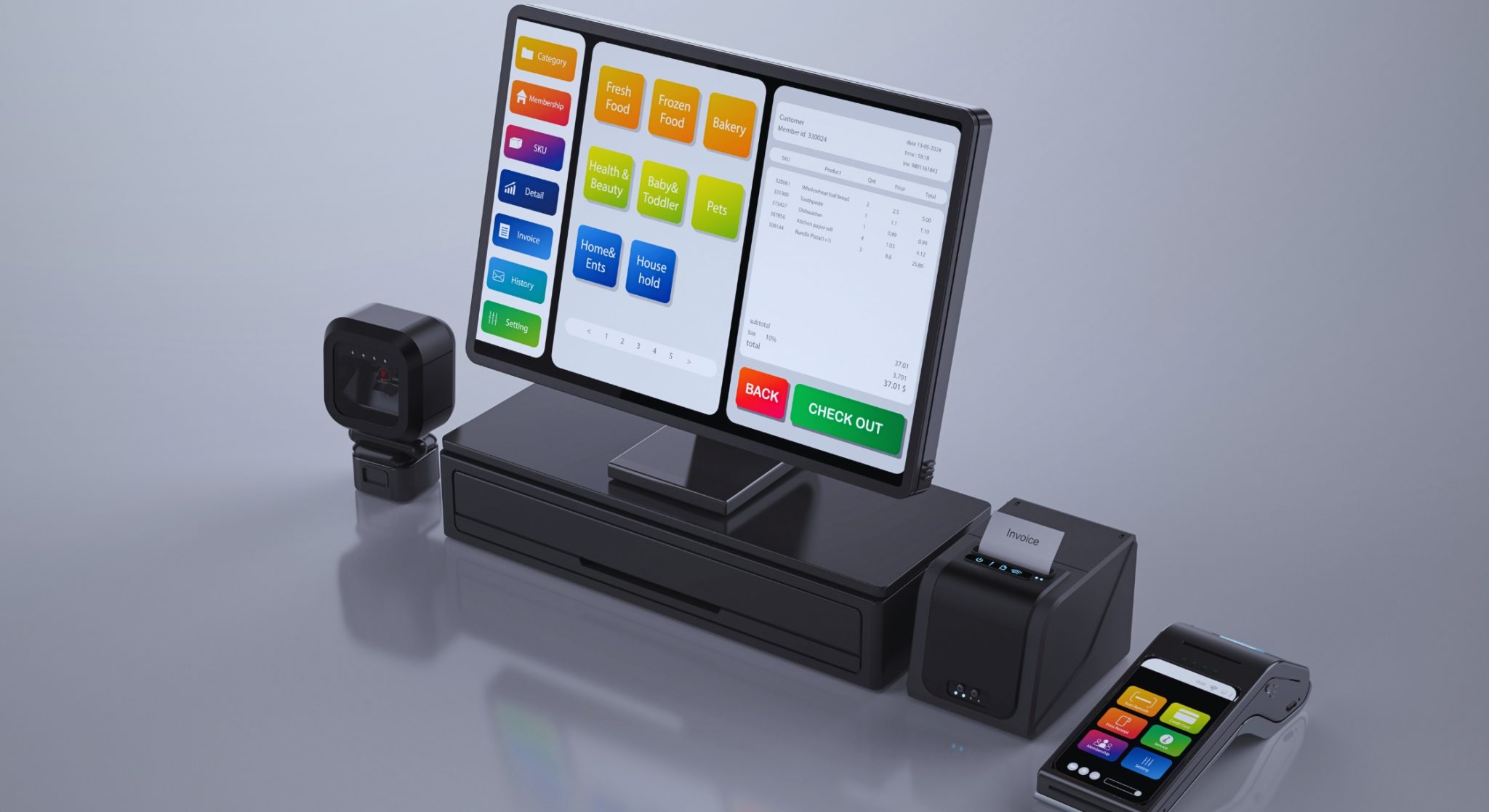POS Systems: The Secret to Smarter Business Management

In today’s fast-paced business world, efficiency is everything. Whether you’re running a retail store, a restaurant, or a service-based business, staying ahead of the competition requires more than just offering great products or services — it requires smart management. That’s where Point of Sale (POS) systems come in. More than just a digital cash register, modern POS systems are transforming how businesses operate, make decisions, and grow.
What Is a POS System?
At its core, a POS system is the place where a customer makes a payment for goods or services. But today’s POS solutions go far beyond processing sales. They act as comprehensive business management tools, integrating sales, inventory, customer data, reporting, employee tracking, and more — all in one platform.
Streamlined Operations, Seamless Workflow
One of the biggest advantages of a POS system is its ability to streamline daily operations. Manual processes like handwritten sales logs, physical inventory checks, and tallying receipts are not only time-consuming, but prone to human error. A POS system automates these tasks, saving time and reducing mistakes.
With features like barcode scanning, real-time stock updates, and automated billing, staff can complete transactions faster, and managers can focus on scaling the business rather than putting out fires.
Data-Driven Decision Making
A smart business isn’t run on guesswork — it’s run on data. POS systems offer in-depth insights into your business performance. From identifying best-selling products and peak hours to monitoring staff performance and customer trends, your POS system collects valuable data in real time.
Want to know which items are slow movers or which employees are closing the most sales? A POS system can show you. These insights help you make informed decisions that improve profitability, optimize operations, and refine marketing strategies.
Inventory Management Made Easy
Inventory can make or break a business. Overstocking ties up cash, while understocking leads to lost sales and unhappy customers. POS systems take the guesswork out of inventory management by offering real-time tracking.
You’ll know exactly what’s in stock, what needs to be reordered, and what items are underperforming. Some systems even send automatic alerts when stock levels are low, helping you avoid missed opportunities and manage supply chains more efficiently.
Improved Customer Experience
Happy customers are repeat customers. A POS system enhances the customer experience by enabling faster checkouts, offering flexible payment options (cash, card, mobile wallets), and storing customer purchase histories. This opens the door to personalized promotions, loyalty programs, and targeted upselling — all of which can increase customer satisfaction and retention.
Employee Management and Accountability
With built-in employee tracking features, POS systems help business owners monitor staff performance. You can set user roles, track working hours, review individual sales, and identify top performers. This not only improves accountability but also helps in scheduling and managing labor costs more effectively.
Cloud-Based Access and Remote Management
Many modern POS systems are cloud-based, allowing you to manage your business from anywhere. Whether you’re traveling, working from home, or managing multiple locations, you can log in from any device to access real-time sales, inventory, and customer data.
Final Thoughts
A POS system is more than just a tool for processing payments — it’s the central nervous system of a smart business. From improving operational efficiency and gaining deeper business insights to enhancing customer experience and increasing profitability, POS systems empower business owners to manage smarter and grow faster.






